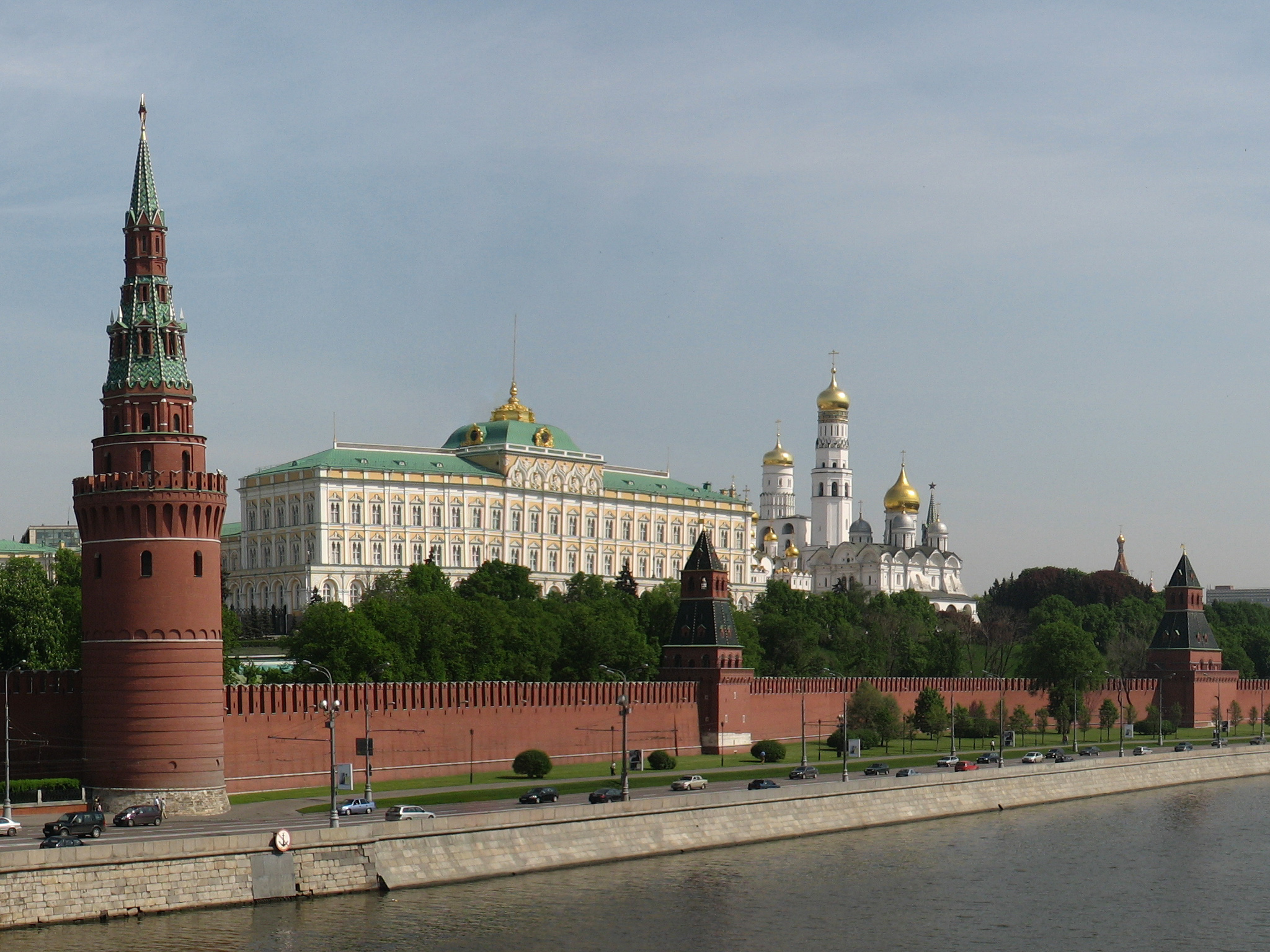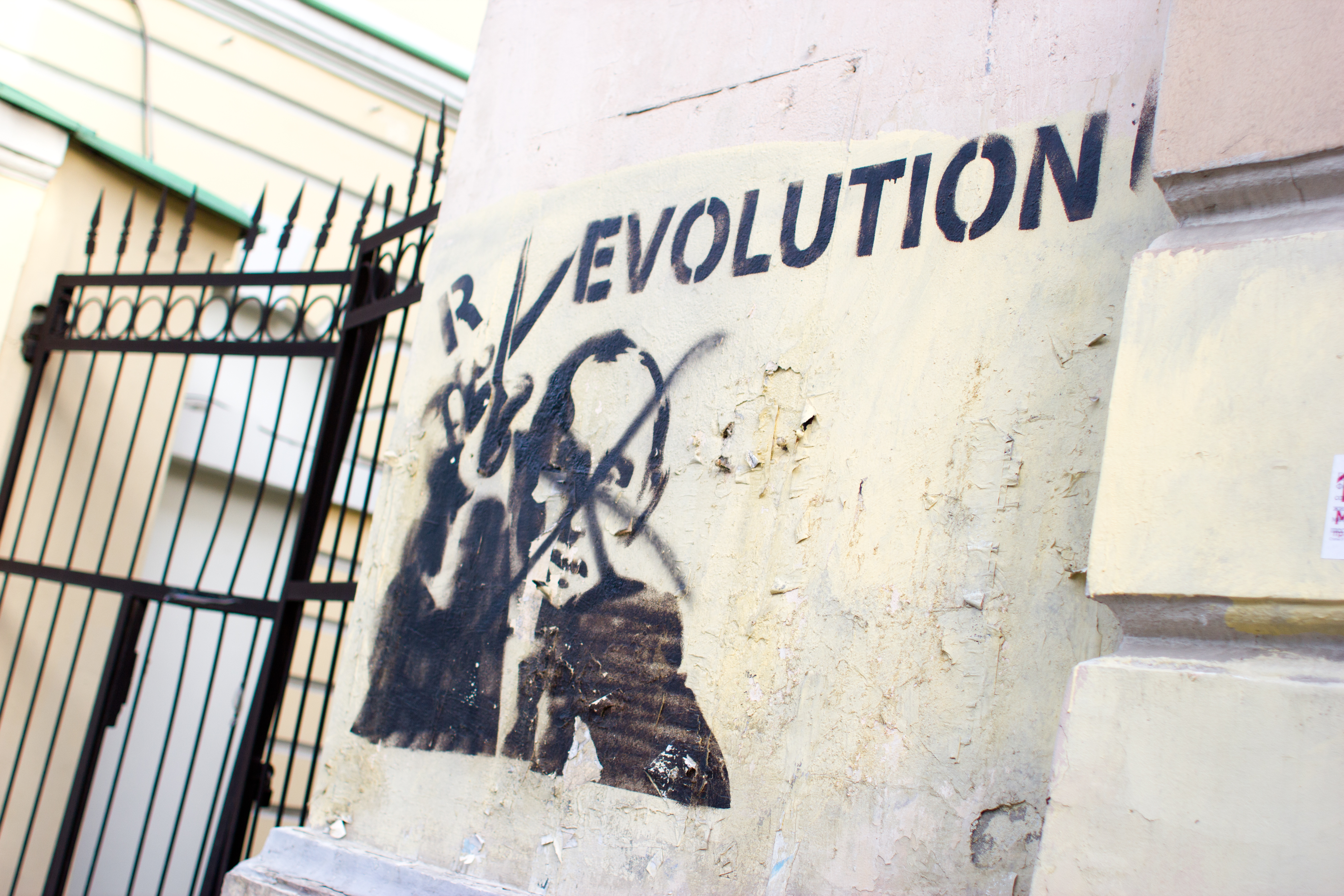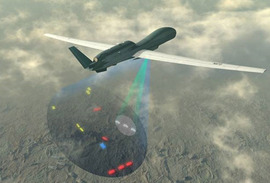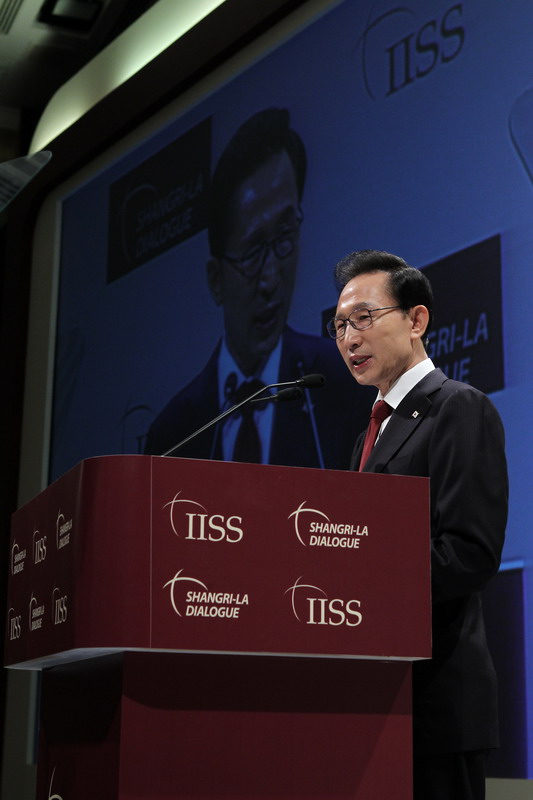Vladimir Putin’s Russia will have to face new challenges in 2015 as dropping oil prices, a weakening currency and rising inflation continue to hurt the economy. Inflation has reached its highest level since the 2008 financial crisis, at 11 per cent by the end of 2014. Meanwhile the ruble has sunk in value against the US dollar, losing as much as 50 per cent of its value last year. The result has been soaring prices, which have risen by 15%, and a jump in interest rates as the country’s central bank tries to halt the ruble’s slide.
Inflation has hit the urban middle class hard, as the value of savings has degraded and the cost of mortgages and food has risen. As well, the dramatic inflationary increases have created fears of “runs on banks” which could lead to the failure of some major financial institutions, resulting in a further hit to the economy.
The ruble crisis and economic turmoil harken back to the financial collapse of 1998, when a currency devaluation led to economic and political chaos in Russia. As a result, some Russians have begun to stock up on consumer items and move money offshore in an attempt to cope with price increases and the collapsing currency value. In response to fears of rising inflation, President Putin has said that he will continue to support domestic banks to boost lending. He has also vowed to backstop financial institutions and major oil companies which face paying foreign debt obligations in ever weaker rubles.
Falling oil prices pose an even bigger problem for the Russian economy. Much of the country’s revenue comes from oil and the international prices has sunk from US $110 a barrel in June to around US $56. Lower income from oil has come alongside a multitude of Western sanctions, a response to Putin’s diplomatic tension with Ukraine and Russia’s annexation of Crimea. Overall, Russia’s economy has reached its most volatile state in recent years.
So far the impact of the economic decline on Putin’s popularity has been minimal. His support remains at up to 85% of the population. However, economic instability has historically influenced politics and could damage Putin’s political position if conditions worsen. Much of Putin’s propaganda and emphasis on Russia’s national identity in a post-Soviet international system have rested on notions of military and economic strength. Political imagery of Russia as the protector of Eastern Europe and re-launching old Soviet ideals have fueled domestic support for Putin’s aggressive foreign policy initiatives in Ukraine and Georgia.
A weakened economy could lower Putin’s political strength in Europe. The Russian president may find it difficult to influence the affairs of surrounding European nations if there is increased economic vulnerability on the home front. Then again, Putin may follow in the footsteps of his Soviet predecessors and use external international relations as a way to unify Russian citizens and shift attention away from a domestic crisis. If this is the case Europe will see more Russian intervention in places like Ukraine, Georgia, and Crimea as Putin’s economic situation worsens. However, despite these possibilities the combination of Western sanctions, dropping oil prices and increasing inflation will continue to change the nature of Russian politics and international affairs.




